Widespread product recalls are not out of the ordinary, but at the same time, such a recall does have the potential to impact consumers’ perception of a brand.
In the automotive world, large recalls are often down to some vehicle flaw that compromises the safety of drivers and passengers. One major vehicle manufacturer now faces the potential consequences of a recall of 291,000 defective cars.
Major US Vehicle Recalls of the Past
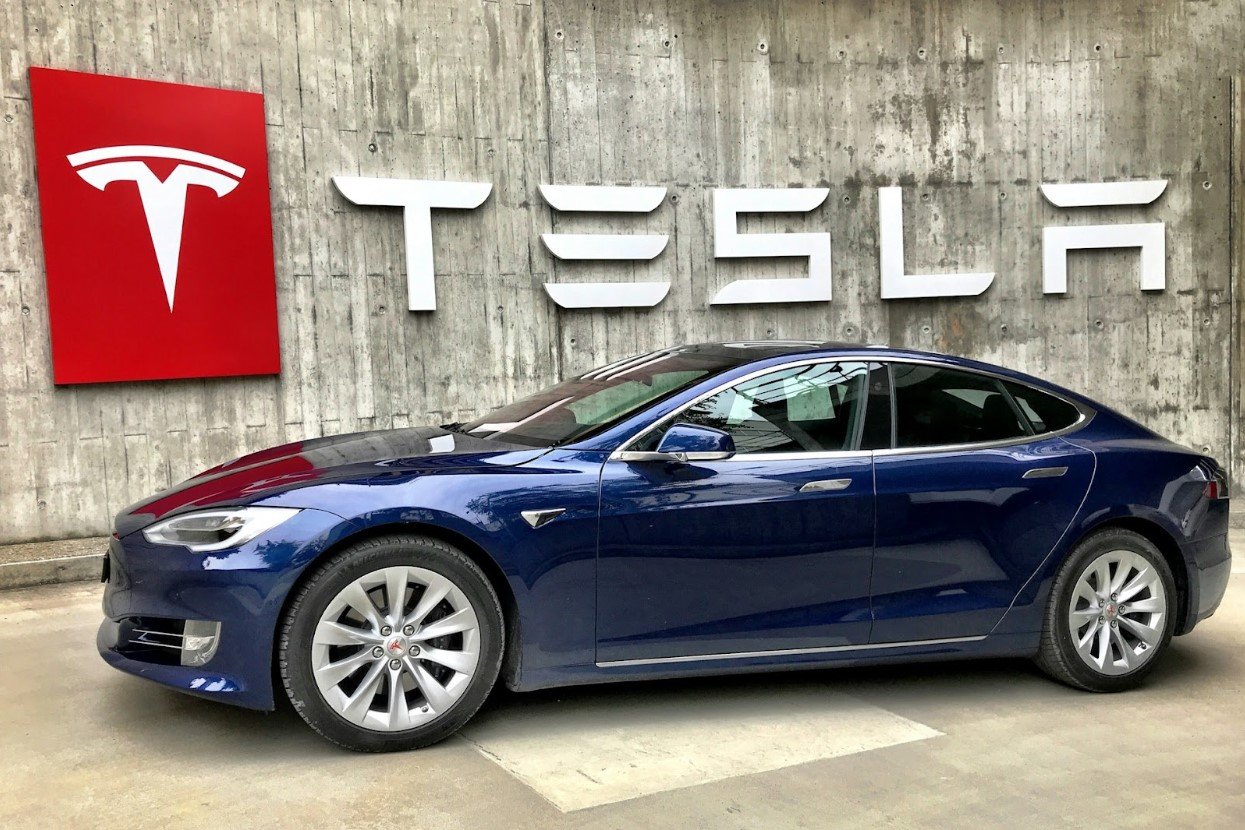
There have been times when auto manufacturers identify an issue with a vehicle that has such great potential to cause harm, they have no choice but to get it off the road and issue recall notices.
There have been a few high-profile recalls like this recently. Tesla, for example, very recently issued a recall for over 1.8 million vehicles in America due to a risk of software failure.
The Impact of Such Recalls

Recalls can have a tangible impact on the brand image of an automotive manufacturer, which itself can affect the bottom line.
This latest recall is likely unwelcome news for Tesla, who also recalled all of its Cybertrucks earlier this year in what was described as a “black eye” for the company by equity analyst Dan Ives.
The Rear Crash Recall

A recent regulatory filing targeted at a prominent vehicle manufacturer sees them recalling almost 300,000 vehicles due to a part that could detach in a rear crash.
This defect increases the risk of injury in such a crash. This means there is no choice but to recall potentially affected vehicles.
Bad News for BMW
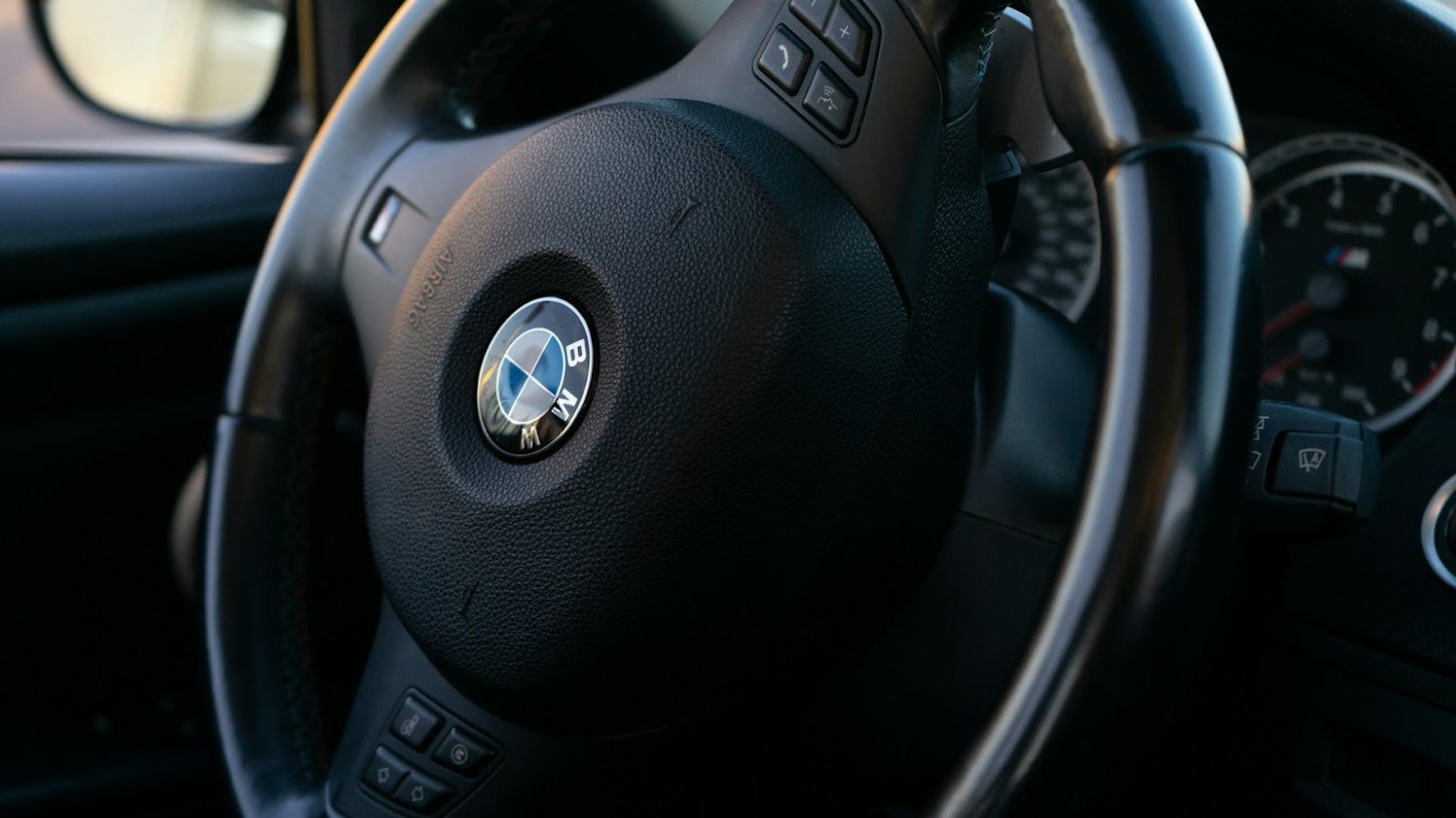
The automaker in question is none other than BMW, one of the undoubted automotive industry leaders. It will see them issue recall notices on several of their most well-known vehicle models.
The National Highway Traffic Safety Administration (NHTSA) identified a number of BMW models affected by the fault, namely some BMW X3 sDrive30i, X3 xDrive30i, X3 M40i, and X3 manufactured between 2018 and 2023.
The Component in Question

The vehicles being recalled are installed with a rear cargo rail, which is essentially a bar on the car roof. This is the component the NHTSA has identified as a risk.
The regulators say it could potentially become damaged in an “extreme rear crash,” which would likely cause the rail to detach from the vehicle, creating an increased risk of injury.
Investigation of the Issue

In August 2022, BMW was first made aware of such an “extreme rear crash” involving one of the models now being recalled.
At the time, the vehicle owner retained legal counsel and details of the incident weren’t accessible. Eventually, BMW was served legal notices, allowing them to inspect the vehicle, carry out crash tests and review vehicle manufacturing.
Far From the First Recall for BMW

This leads us to the recall. BMW has stated it will begin notifying affected drivers from August 30, and dealers will offer vehicle owners free rear cargo rail replacements.
This is not the first time BMW has had to initiate a recall. According to NHTSA data, BMW has recalled almost 780,000 vehicles this year over 17 recall notices.
Exploding Airbags
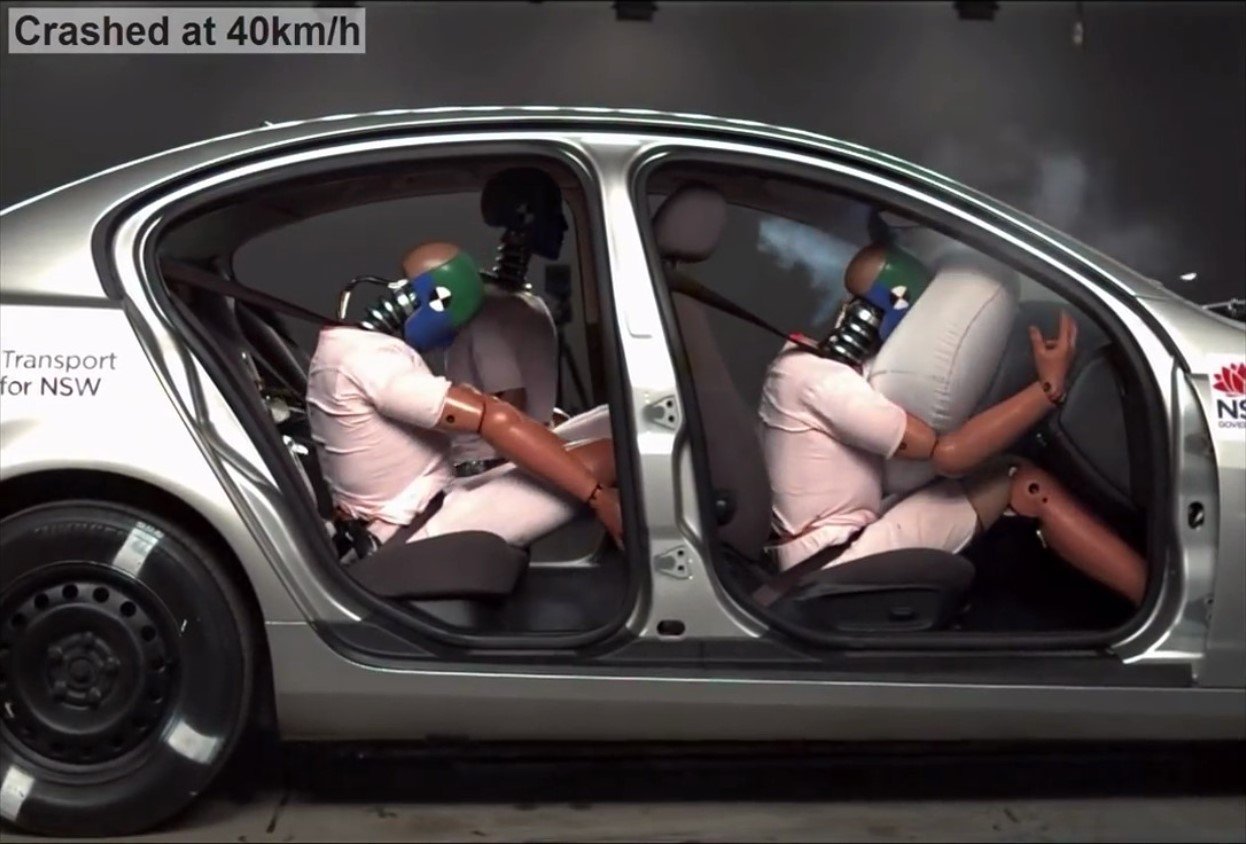
Almost 90% of these vehicles have been recalled across three recall notices issued from BMW just in the month of July.
Toward the start of the month, BMW recalled in excess of 390,000 vehicles equipped with previously recalled airbag inflators that had an increased risk of exploding in a collision.
Issue With Takata Airbags
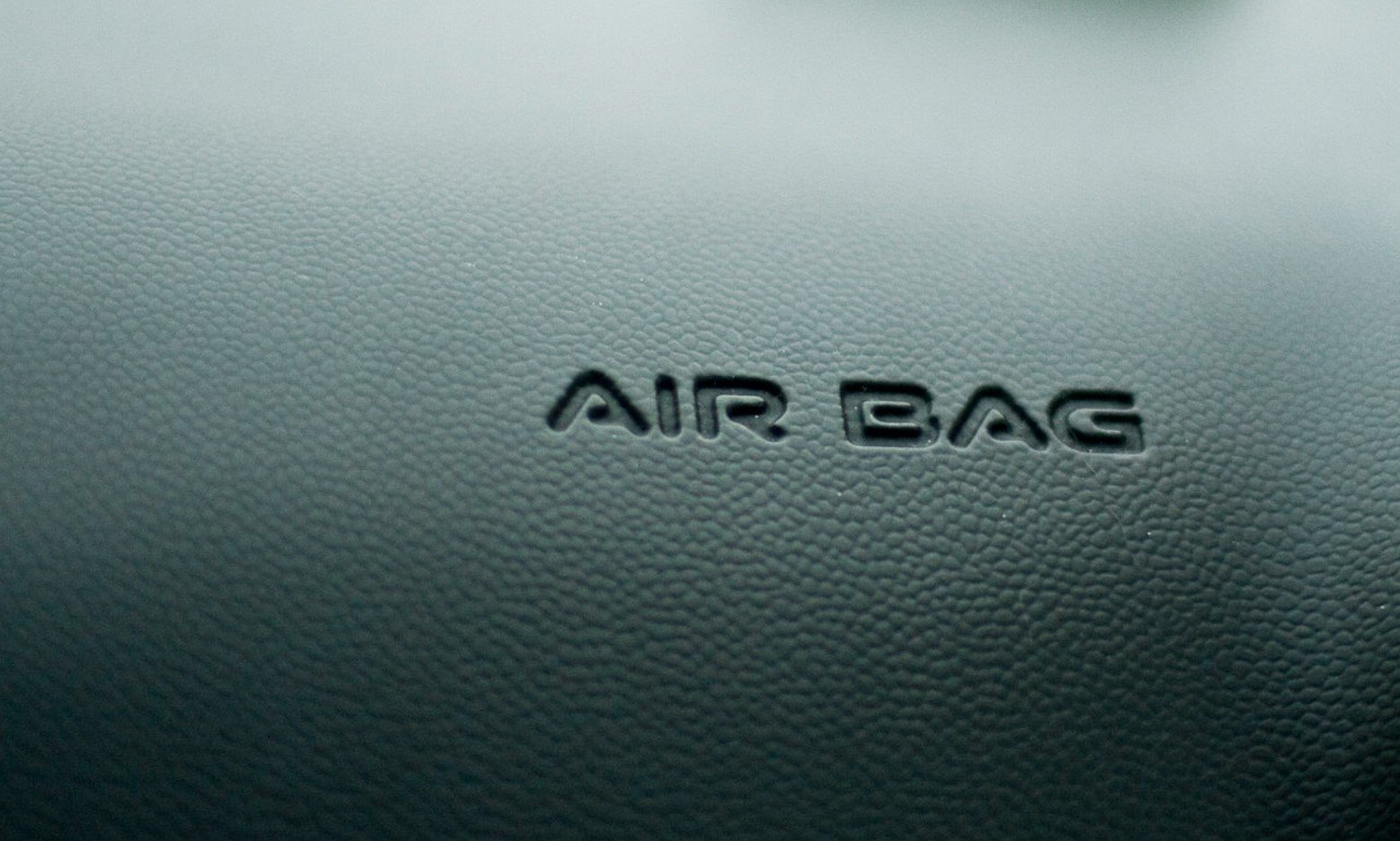
The recall covered models with airbag inflators manufactured by the company Takata, which included some BMW 3 Series Sedans.
Takata’s airbags have already caused a lot of documented harm to U.S. motorists. The airbags have killed at least 27 people and injured at least 400 others in the country, according to NHTSA data.
Second Round of Recalls
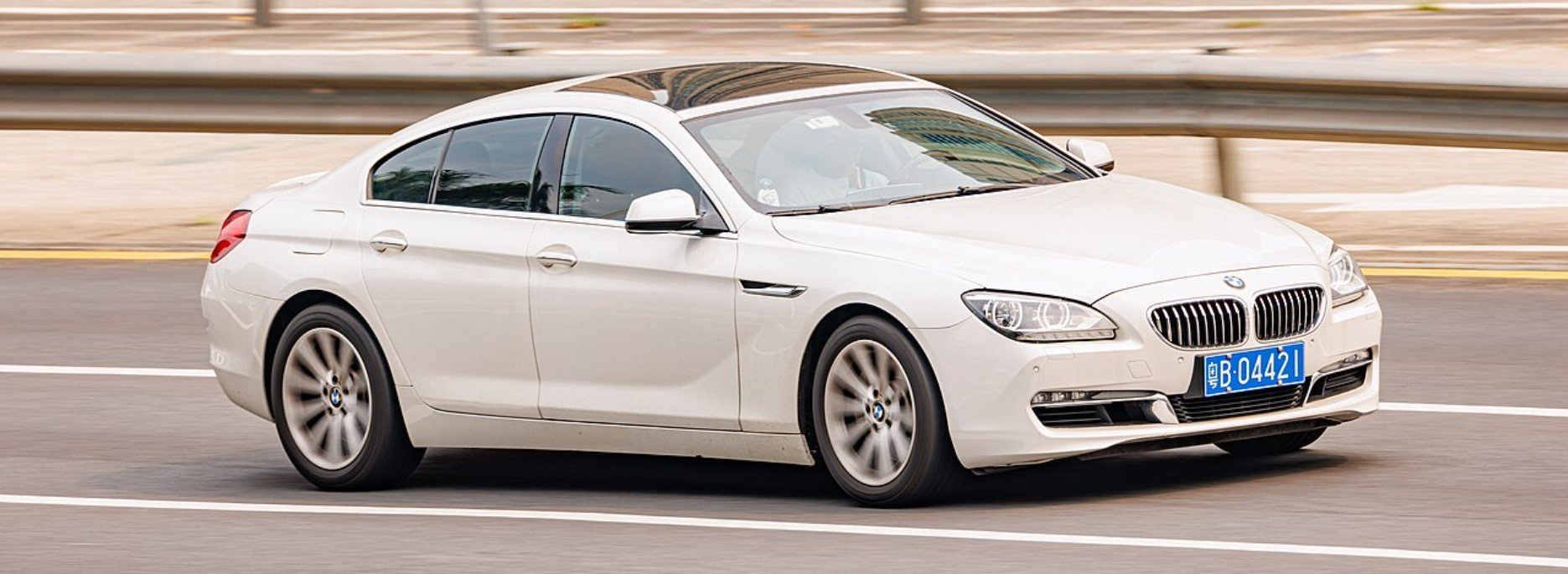
One of these incidents with Takata airbags includes a BMW X3 driver who was injured in a crash in October 2014.
Following the recall of 390,000 vehicles at the start of July, BMW issued a further recall of another 1,000 cars just a week later, again due to the airbag inflators, including some Gran Coupe and Gran Turismo models.
Another BMW Recall
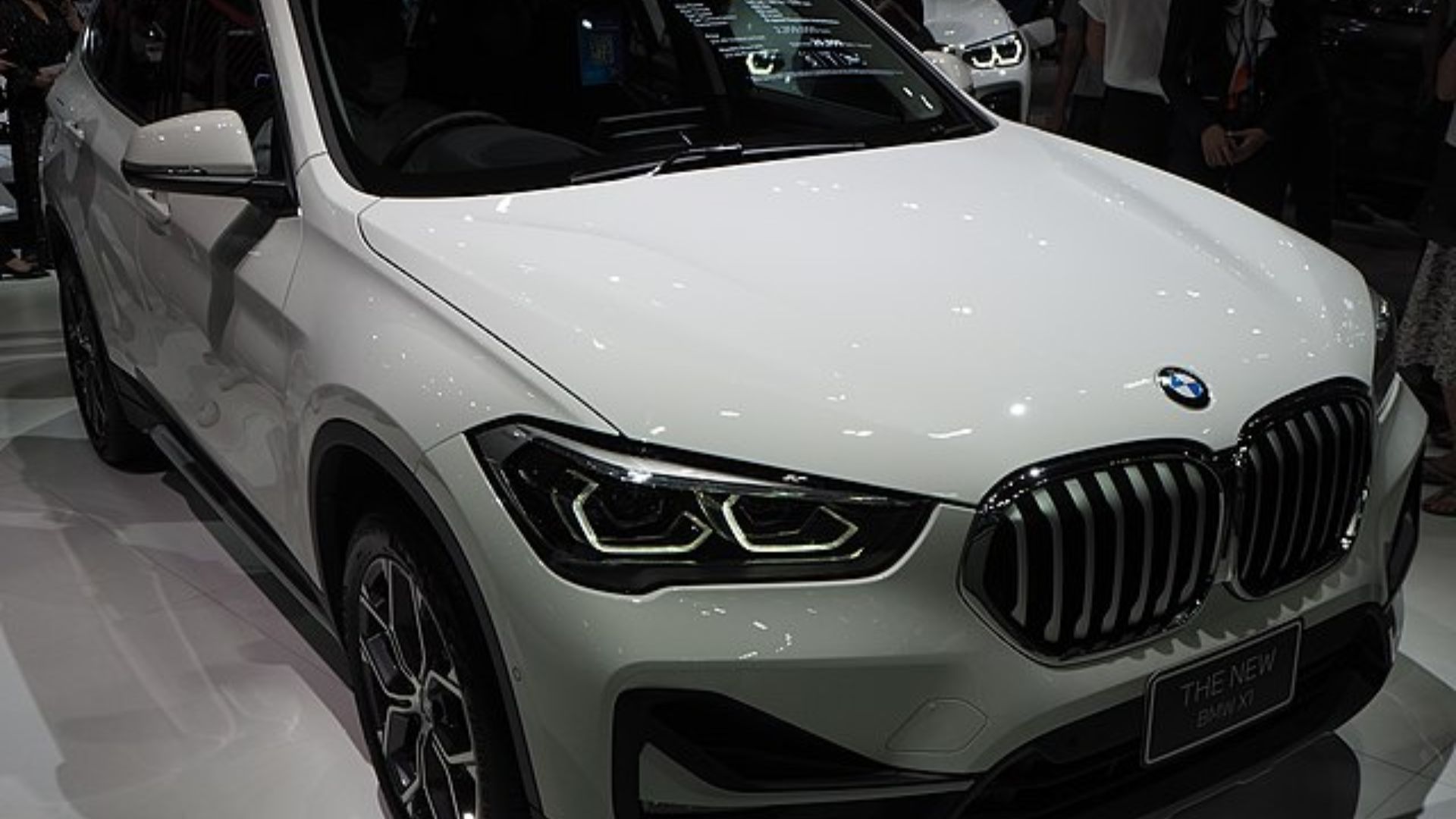
As if BMW’s recent recalls were not enough of a blow to the brand, the automaker had to recall another 720,000 vehicles last month.
The latest issue with some of the company’s models is a problem with the water pump’s electrical connector.
Which Models Are Affected?
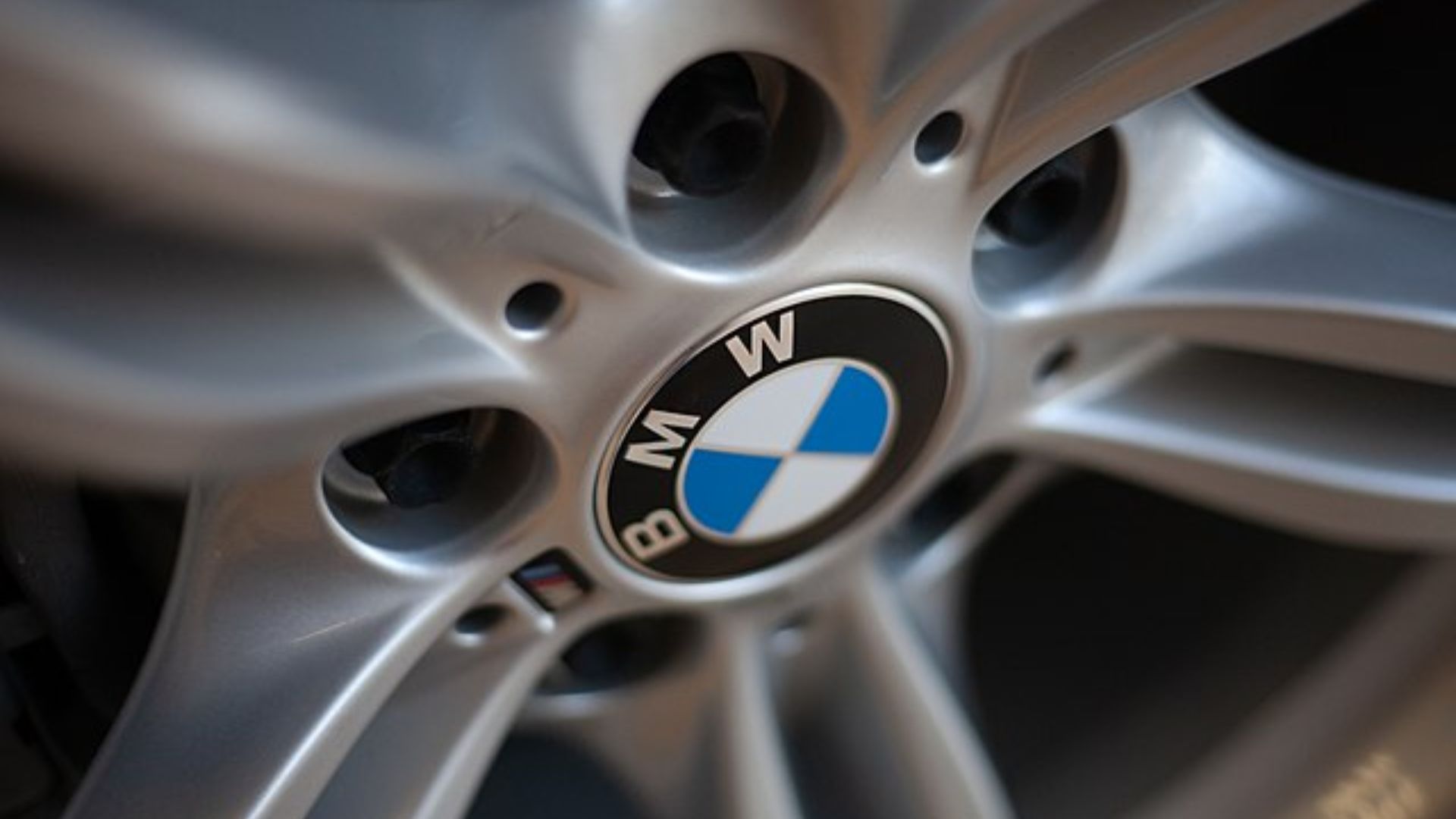
The National Highway Traffic Safety Administration said the recall mostly includes BMW’s X1, X3, and X5 models.
These models may have water pumps with insufficient sealing, according to the NHTSA report. These cars may be vulnerable to fluid building up at the electric plug connector over time.
Customers to Receive Alert
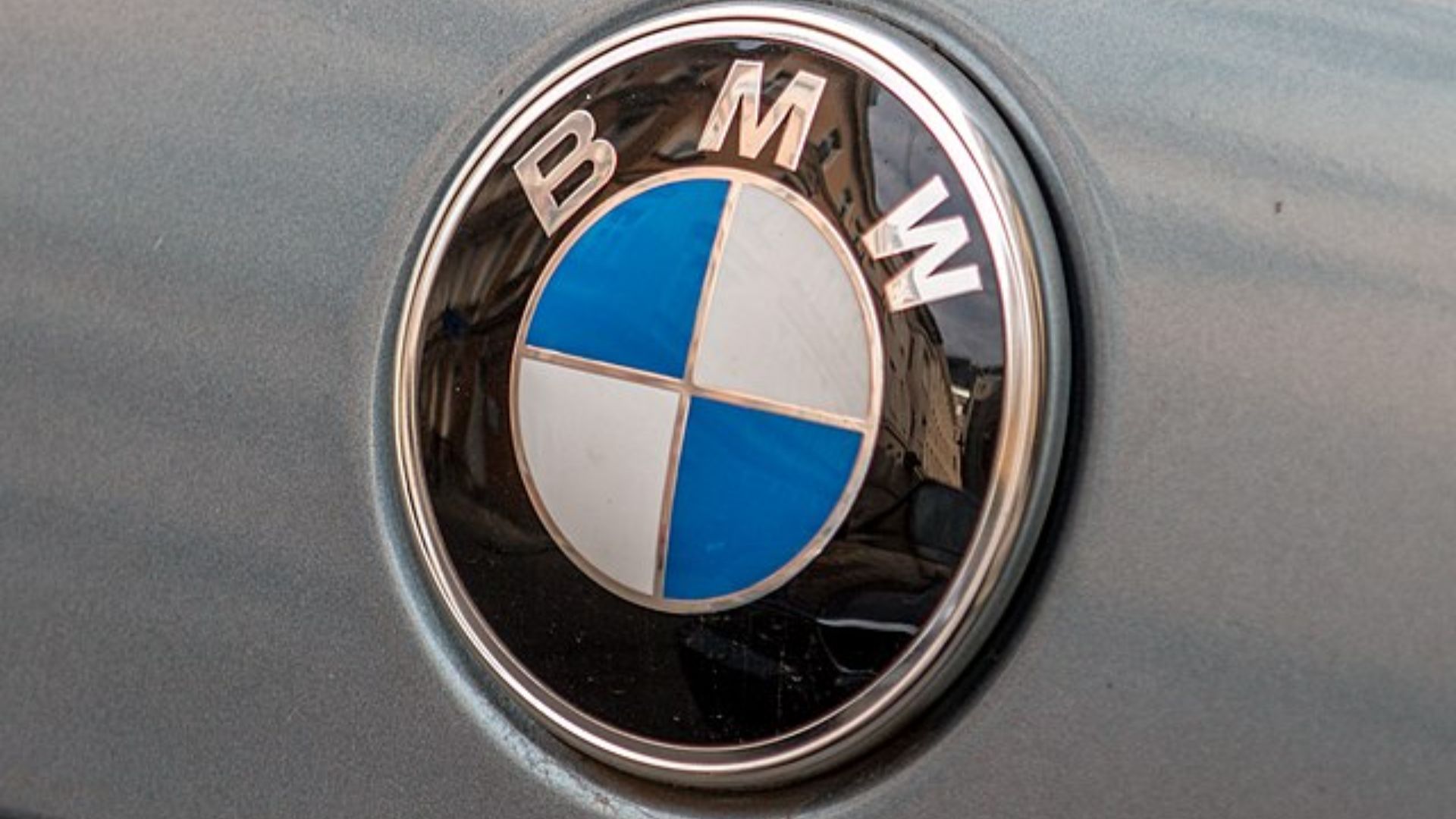
The vehicles’ water pump issue could lead to a short circuit.
In rare cases, this problem could cause a fire. The report said vehicle owners should receive a recall notification in October. Consumers will be instructed to take their cars to a BMW to have their water pumps and plug connectors inspected and potentially replaced for free.
Trouble with Electric Cars
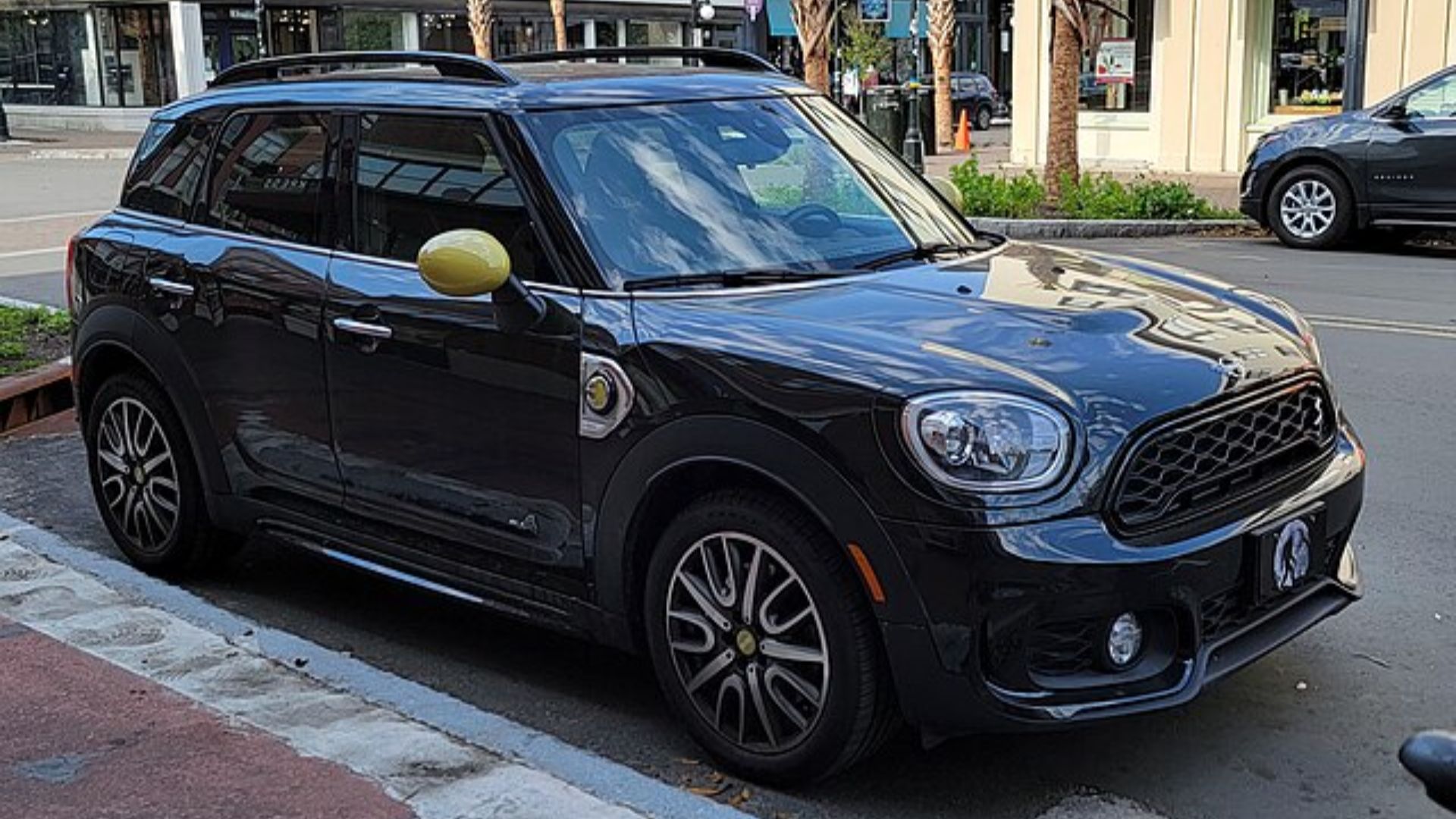
BMW is also facing problems with its electric models.
The industry leader is also recalling electric Mini Cooper SE cars because of battery problems. This recall could affect vehicles from all over the world.
A Worldwide Recall
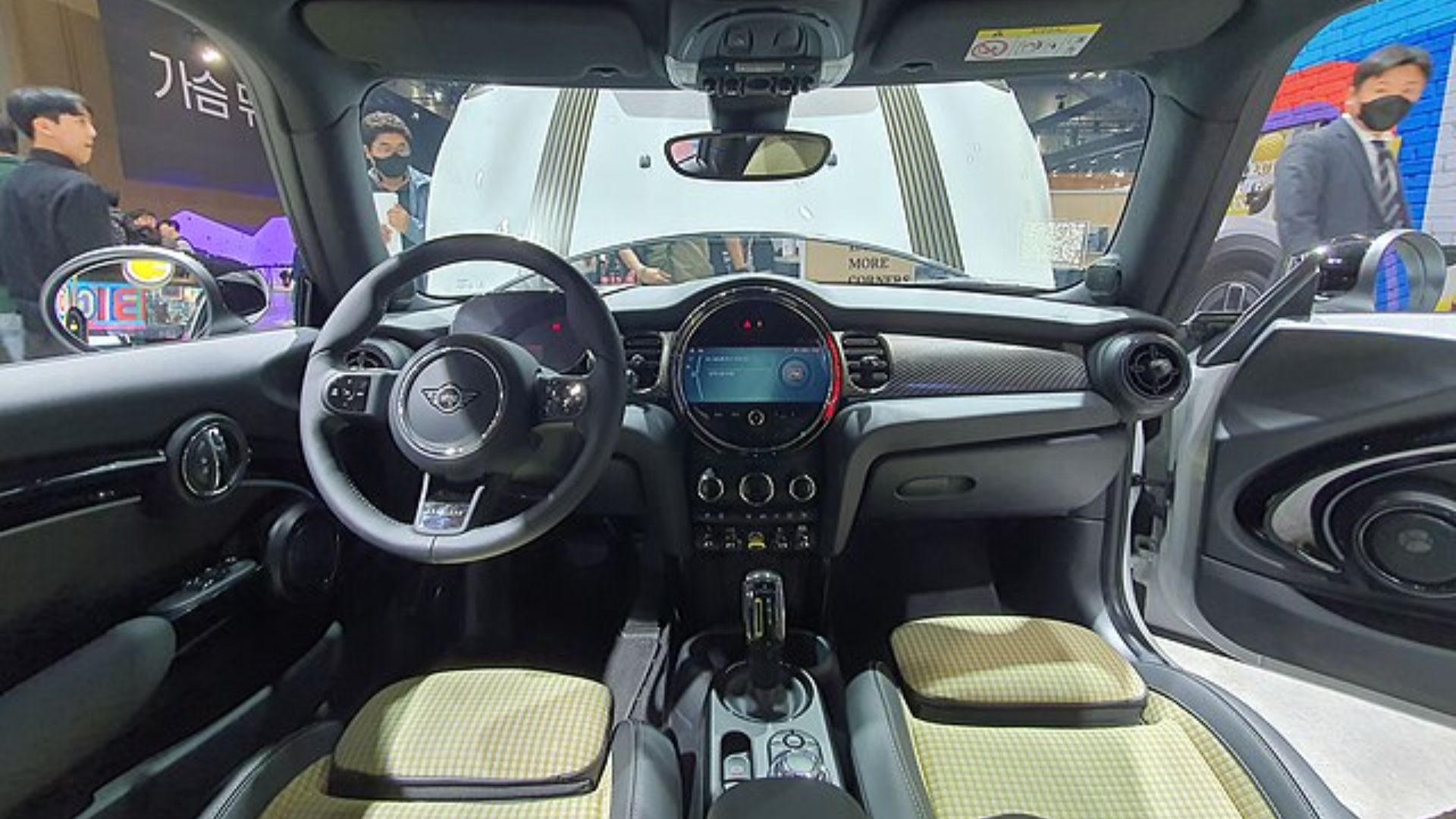
BMW cites battery problems as the reason for the worldwide recall of the electric Mini Cooper SE model.
The recall could affect more than 140,000 vehicles across the globe, with 39,000 potentially needing to be returned in Germany. Fortunately, the company has not reported any accidents or injuries in this context.
Too Hot to Handle
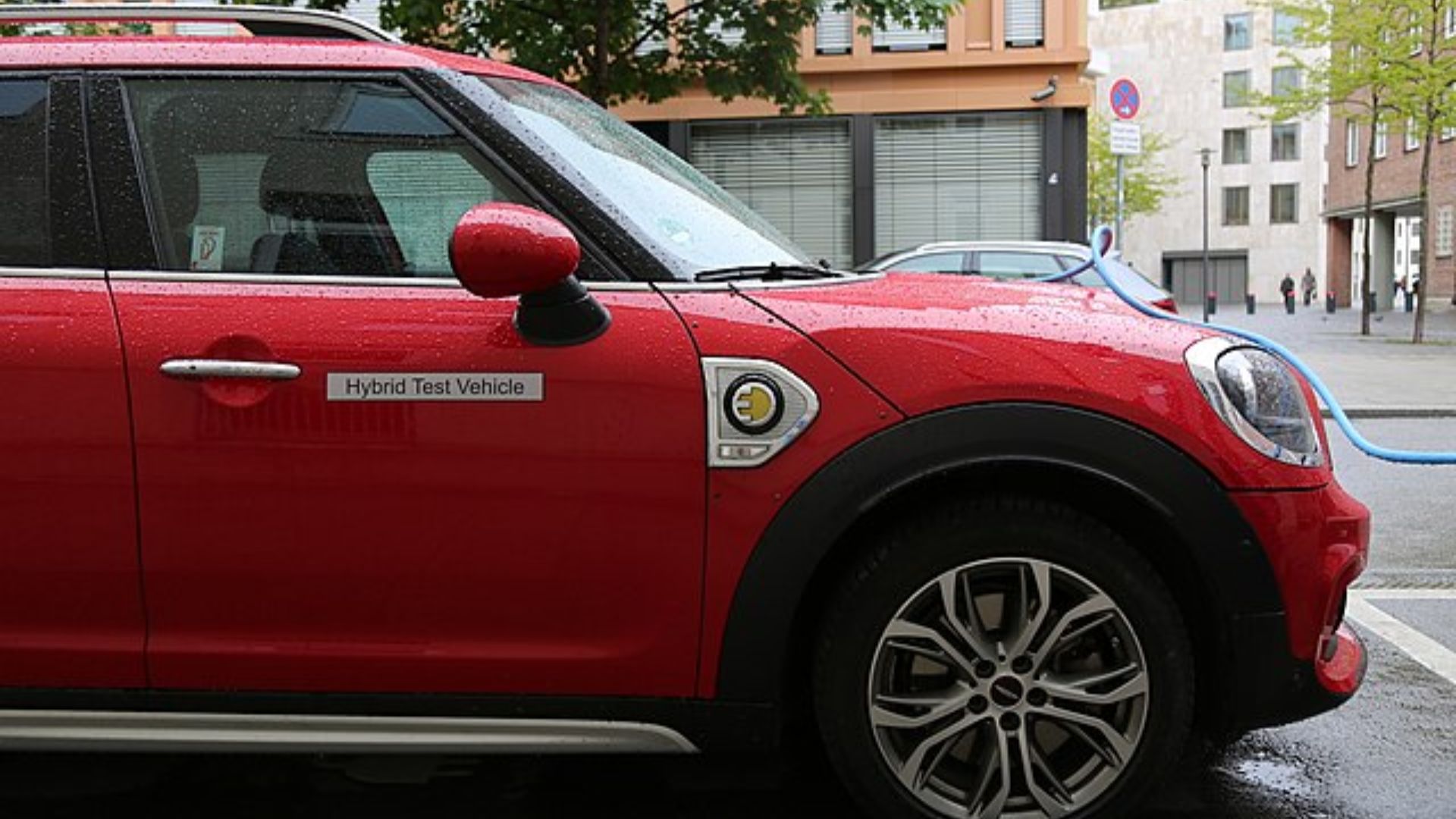
Henning Schlottmann/Wikimedia Commons
The automaker said the battery system of the recalled cars could lead to overheating.
BMW said in a statement yesterday: “A vehicle fire, even when the vehicle is parked, cannot be ruled out.”
Customers Called to the Dealership

BMW said the Mini Cooper SE’s software contains a diagnostic function that recognizes a battery malfunction and alerts the driver.
The company called for customers who received this alert to visit a Mini dealership.
Slamming the Brakes
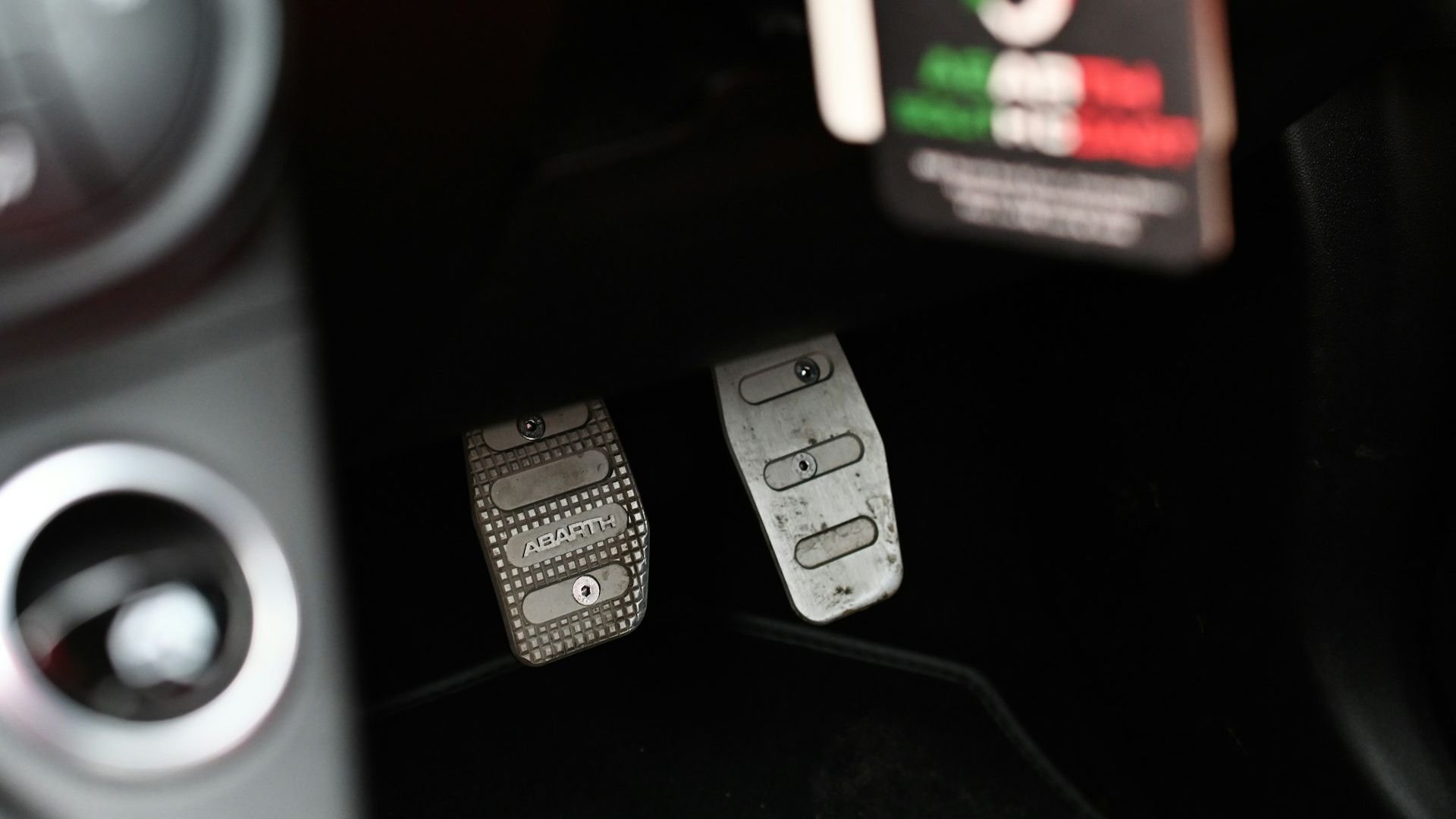
As well as recalling electric Mini Coopers, BMW is also halting deliveries.
Mini has delayed some deliveries of its Cooper and Countryman models due to an impending brake system-related recall. This is due to potentially defective parts.
Multiple Models Affected
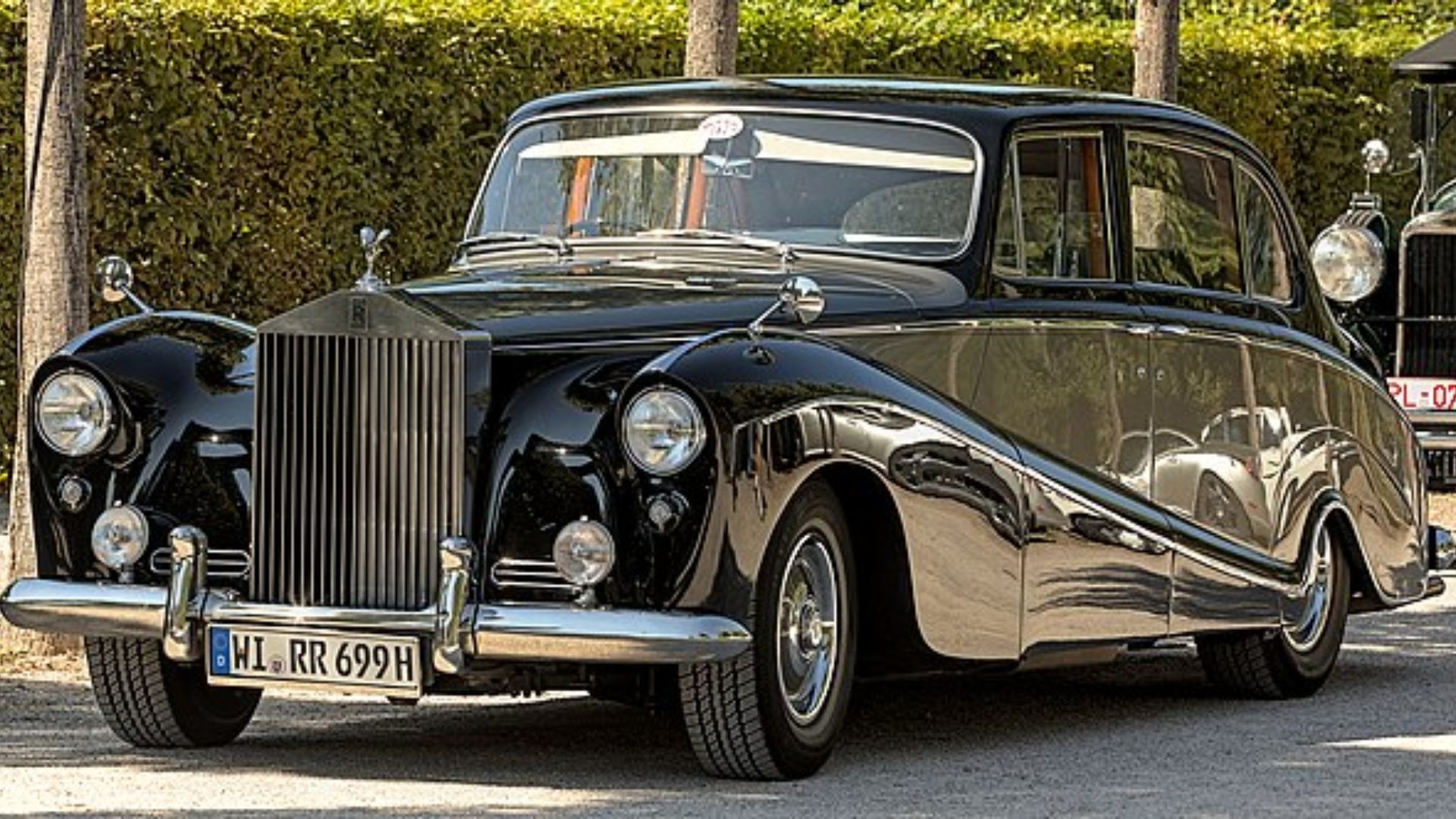
The brake problems with the Countryman and Cooper models determine the amount of feel and feedback the brake pedal should provide.
The same problem affected more than 80,000 BMW and Rolls-Royce models worldwide this year.
Extending the Recall
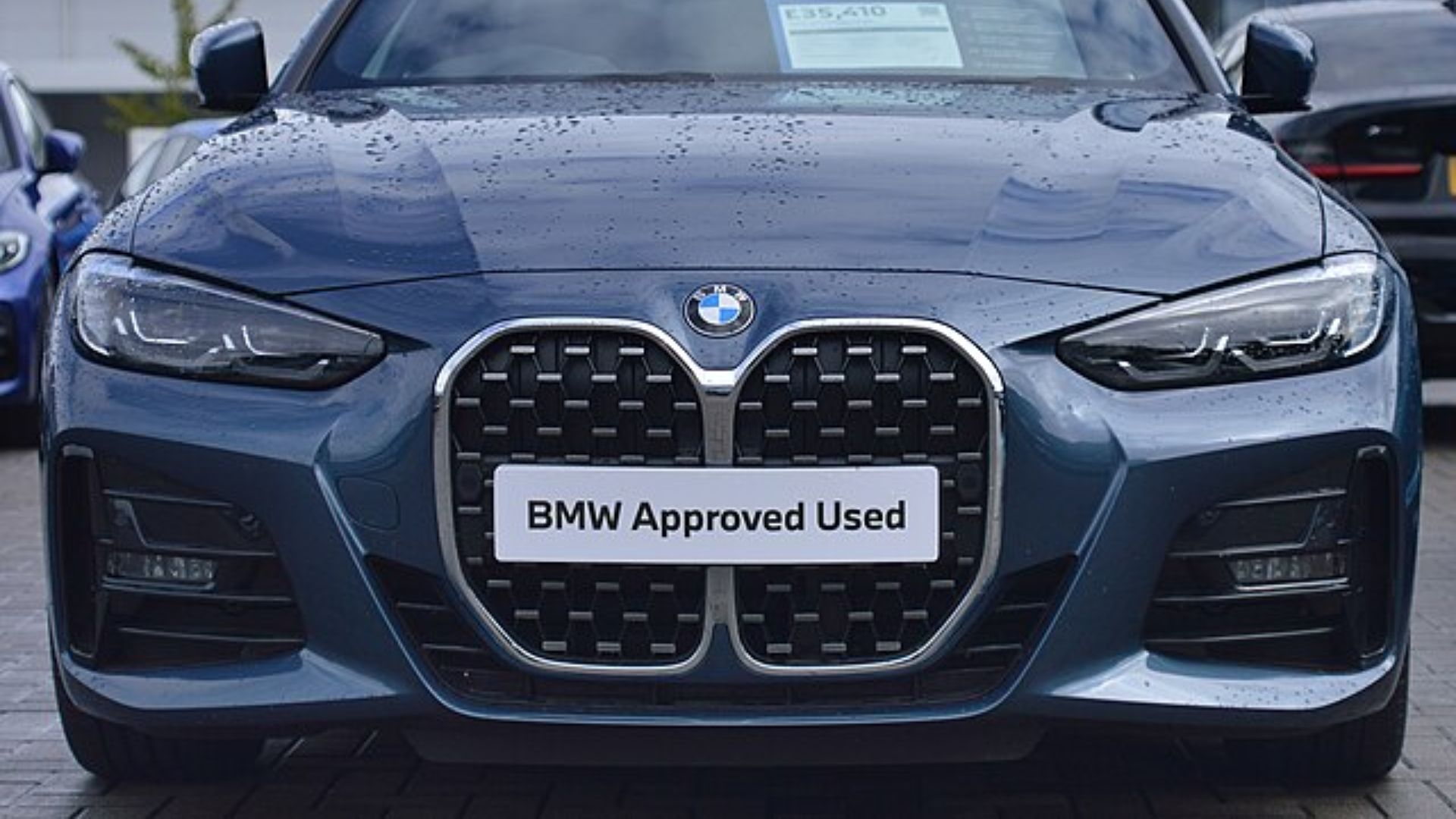
In the case of this recall, the braking system faults could cause power braking assistance to fail.
These issues put the driver at risk of losing control of their car. The BMW Group, which owns Mini, is looking to extend this recall to include more models. The automaker said: “Additional cases outside the original scope of the recall have been identified.”
Thousands of Cars Affected
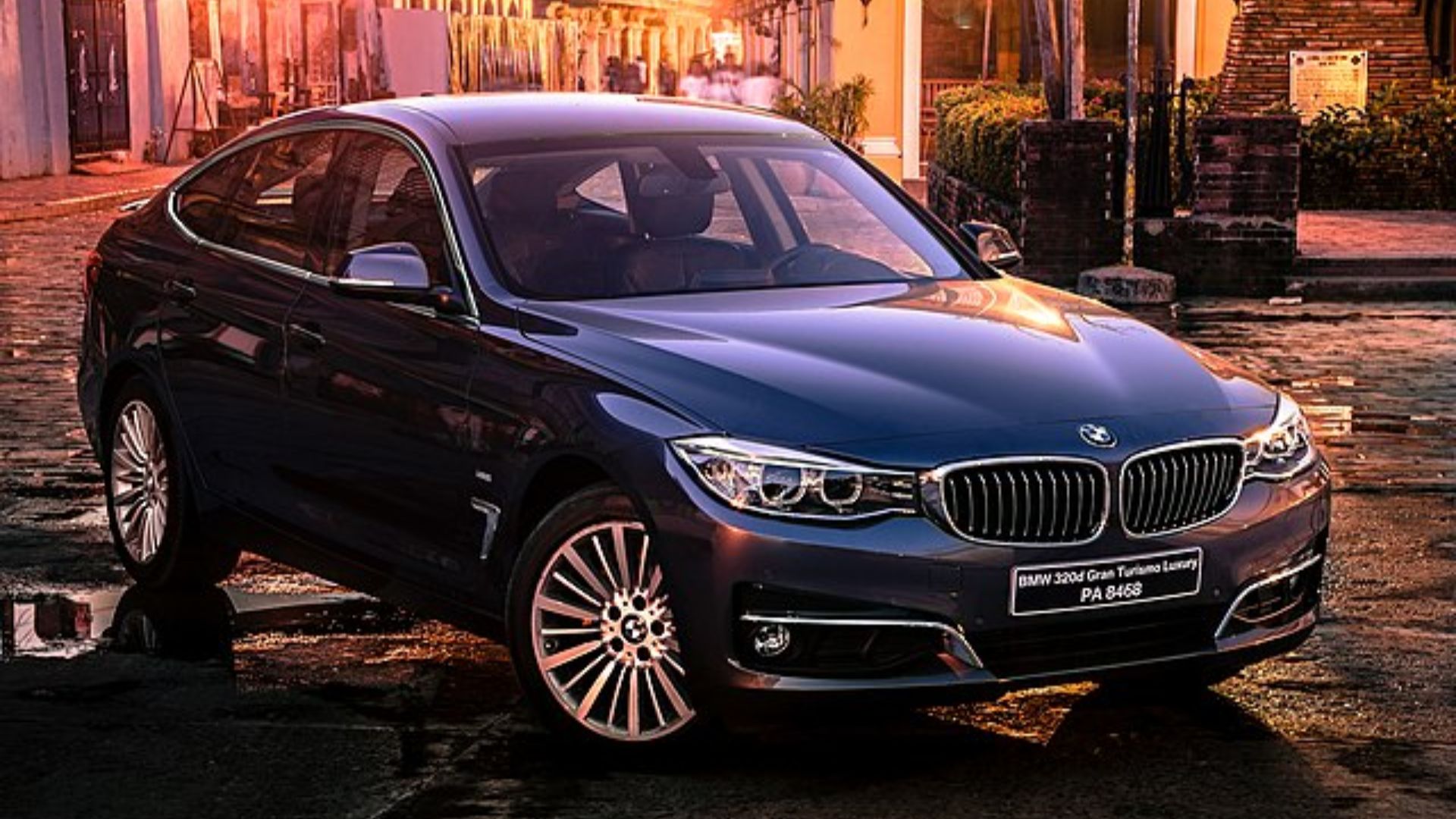
According to Autocar, more than 20,000 vehicles have been affected by this recall.
Mini claims the number is “much lower.” However, the company has not provided a figure of how many cars have been impacted by the recall.
A Bad Look for BMW?

Recalling hundreds of thousands of vehicles is no small undertaking, but it’s good to see that BMW takes any potential risk to driver safety seriously and takes steps to correct any issues with their vehicles.
But this is just the latest in a number of fairly high-profile recall notices for BMW over pretty serious safety concerns. Recalling three-quarters of a million cars in less than a year could potentially impact how customers view BMW vehicles, possibly raising serious questions about their safety.
Gaining Popularity
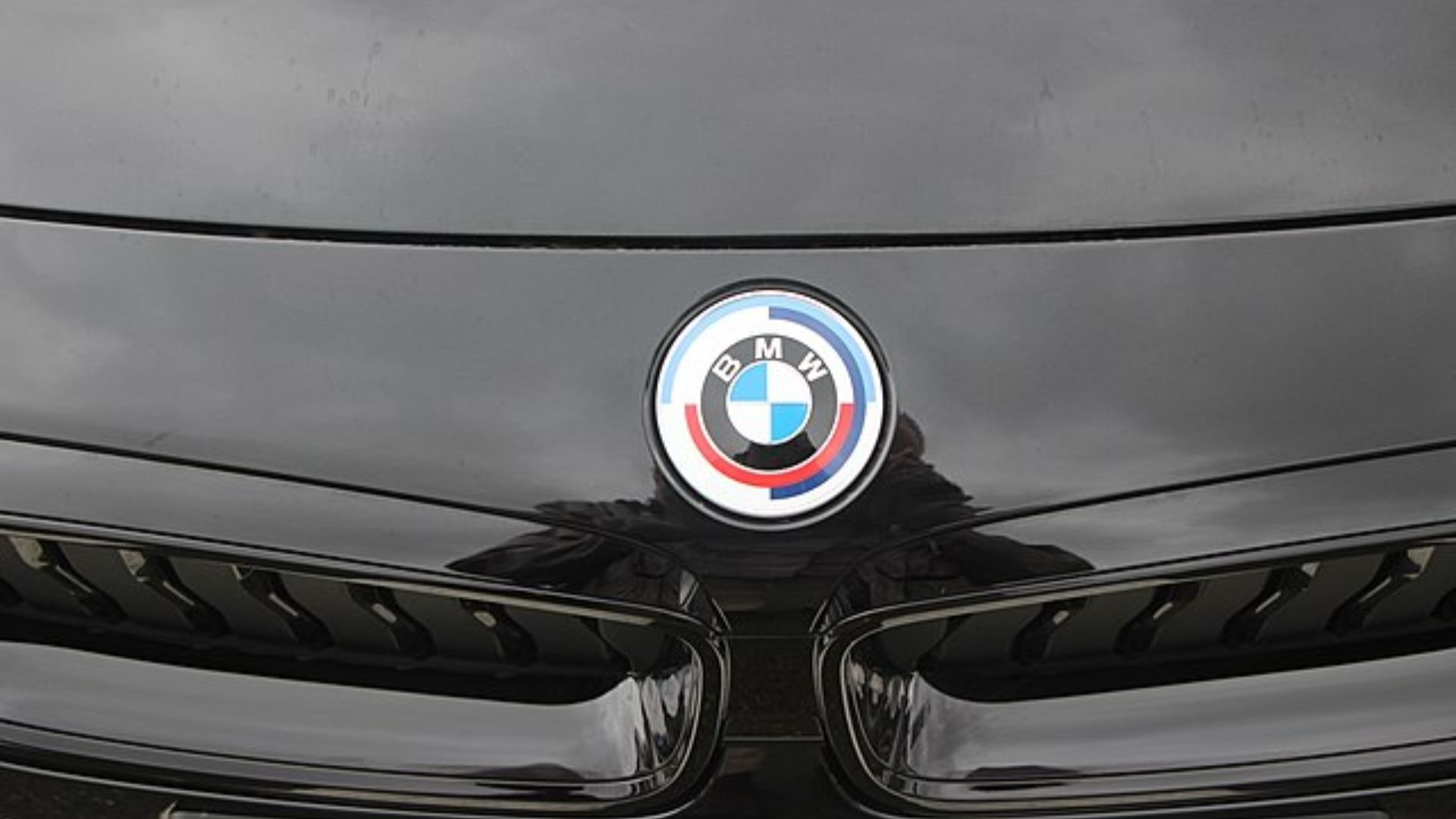
BMW’s series of recalls have come at an inopportune time, as the company’s brand is gaining traction.
Tesla is reportedly losing its appeal among younger consumers. However, automakers like BMW continue to attract strong brand loyalty, according to a Morgan Stanley survey.
